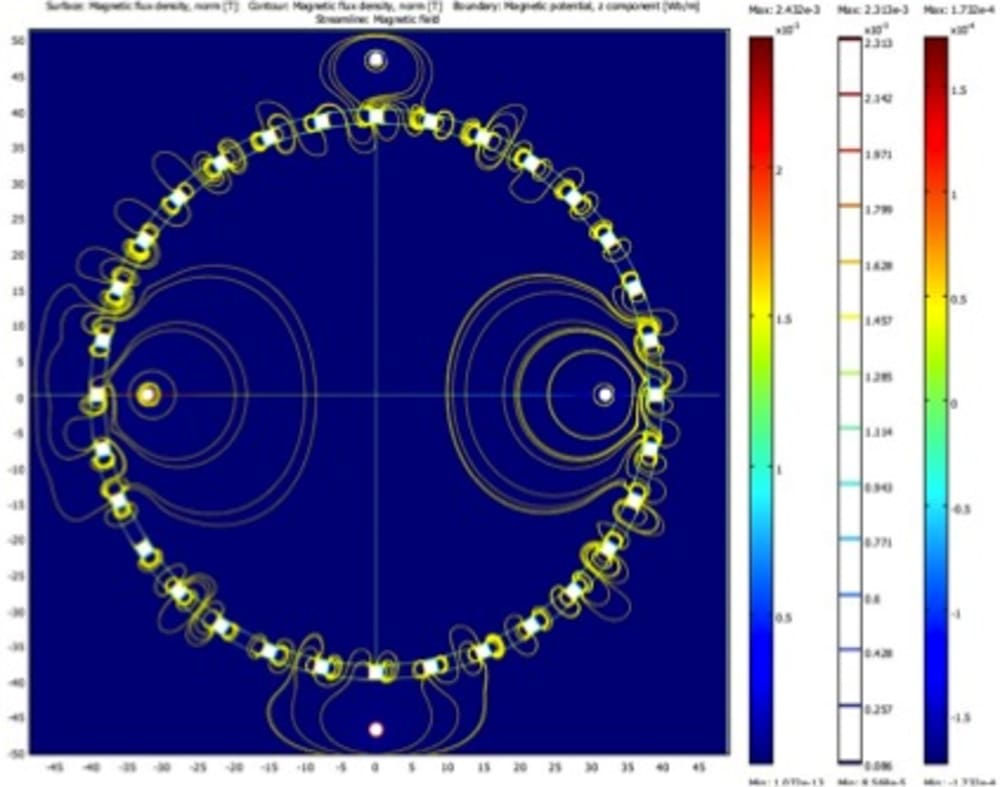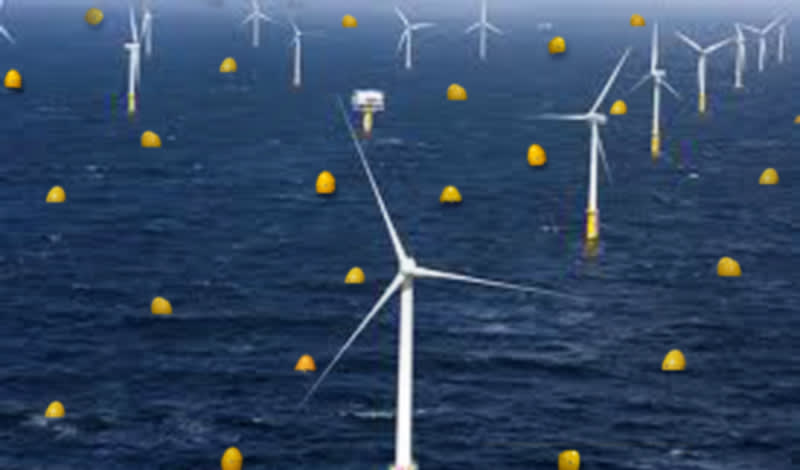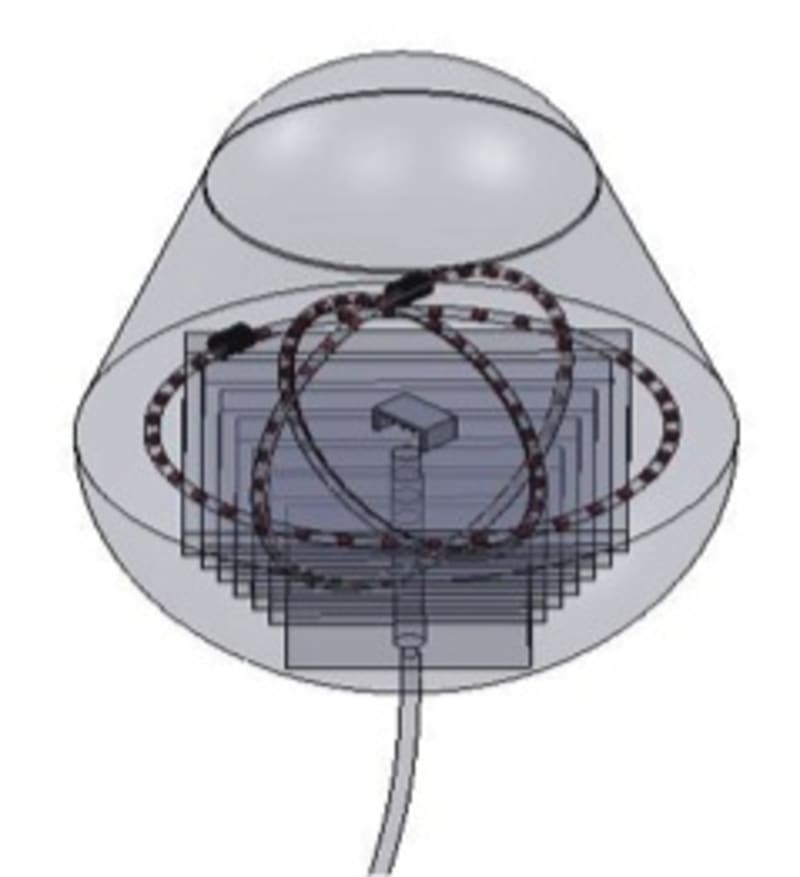

A team of Cornell engineers developed a patented technology, the TO:CMA Spherical Generator, that creates copious amounts of clean electricity out of ocean waves at costs below all major existing renewable energy sources. The design was elaborated to defy the global rise in energy demand, which is projected to grow by 49% over the next 30 years and the depletion of current resources that are used for energy.
This device surpasses in potential and efficiency existing renewable energy technology, and is more economical. The innovative geometrical arrangement of the magnets within the technology generates more power and greater efficiency at less cost.
Conventional point absorbers employ linear generators, which can only harness energy from movement in the vertical motion. The limited one-degree of freedom of motion of the magnets in the linear generators drastically reduces the ability to harness energy from the waves since buoys experience motion in all six degrees of freedom when deployed offshore. Our design can break off this constraint and harness power from movement in all six degrees freedoms through its unique configuration of the novel permanent magnet generator.
Our invention will supplement the electricity produced from wind farms by harvesting the vast energy of the waves in between the wind towers. Since the major costs of building offshore power generating plants will have already been invested in laying the expensive ocean bottom power lines, the buoys will have very low average costs for these offshore wind plants.
As of 2011, there are 50 European off shore wind farms that could support at least 500 buoys each. This particular market is expected to grow to 100 wind parks worldwide by 2016.
The design is based on the geometrical rearrangement of the Linear Inductance Permanent Magnet Generator (LIPMG). Three rings on concentric sizes and perpendicular arrangement are to be housed in a waterproof buoy that will transfer the force of the passing waves into motion of magnets. Electrical current is produced as a result of the motion between the wire loop and the magnets in accordance with Faradays Law. For synergy reasons, arrays of these buoys will be installed in between wind turbines of offshore wind farms.
Manufacturing will be given to a qualified contractor in India, China or Mexico. Installation and maintenance of the devices in the offshore wind farms in Europe will go to European contractors. Both measures reduce the time to market and guarantee quick scalability.
Since the major costs of building offshore power generating plants will have already been invested in laying the expensive ocean bottom cables, our buoys will have very low average costs for these wind farms. In comparison to similar products, the TO:CMA Spherical Generator has the main advantage of being cheaper to produce, and easier to handle (due to its smaller size), while being very close to the competition in its effectiveness.
-
Awards
-
 2011 Sustainable Technology Category Winner
2011 Sustainable Technology Category Winner -
 2011 Top 10 Most Popular
2011 Top 10 Most Popular
Like this entry?
-
About the Entrant
- Name:Angel Francisco Martinez
- Type of entry:teamTeam members:Angel Francisco Martinez
Delia Beatriz Martinez
Trupti Bulbule - Software used for this entry:Solidworks, COMSOL
- Patent status:pending








